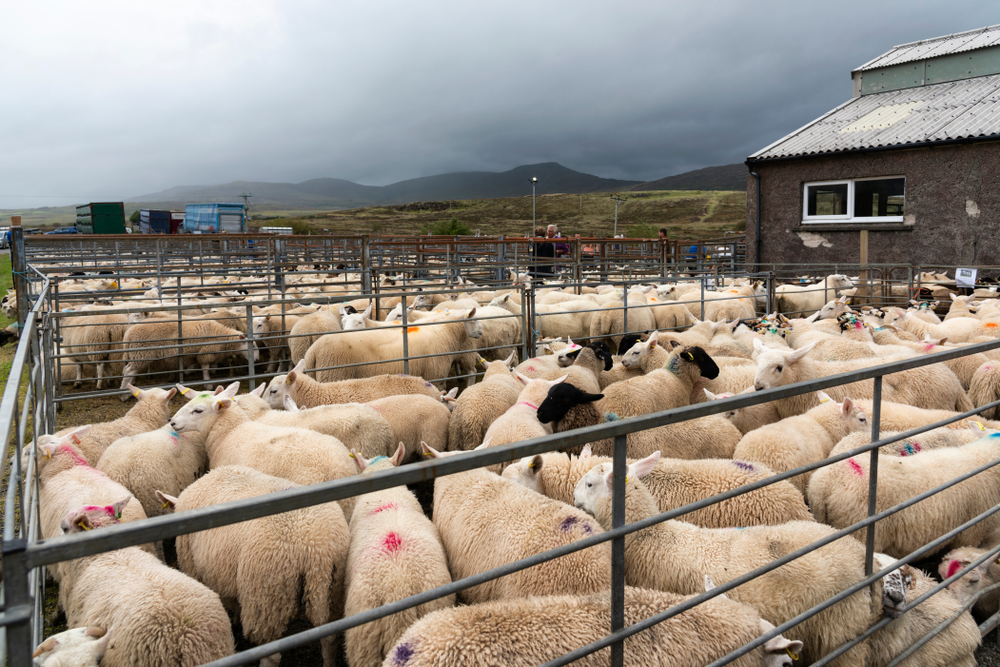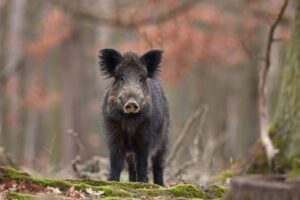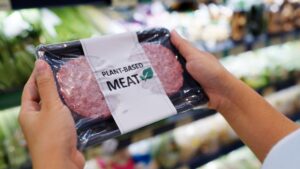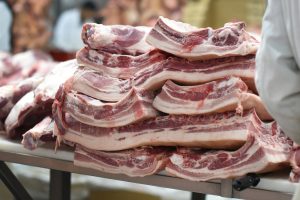First shipment of Russian pork arrives in China
MOSCOW. April 15 (Interfax) – The first shipment of Russian pork has been delivered to the Chinese market according to Miratorg, the first company to begin deliveries after China lifted restrictions on Russian pork imports last September.
A consignment of products weighing 27 tonnes was produced at the holding’s meat processing complex in the Belgorod region and sent from Selyatino station on March 7 by rail to Vladivostok. From there, it was loaded onto a ship to the port of Nansha in China. Russian transport company Fesco organized the intermodal shipment process.
The container arrived at the Chinese port after one month in transit, from where the importer unloaded the shipment into his warehouse on April 13.
“We greatly value the Chinese market and take a responsible attitude towards fulfilling all the veterinary requirements of the importing country. The goal is to increase supply volumes in the coming years and expand the range of meat products in accordance with the taste preferences of Chinese residents.
The company independently ensures 100% quality control and complete traceability of products at all stages from “field to table,” Miratorg’s press service said.
Also:



